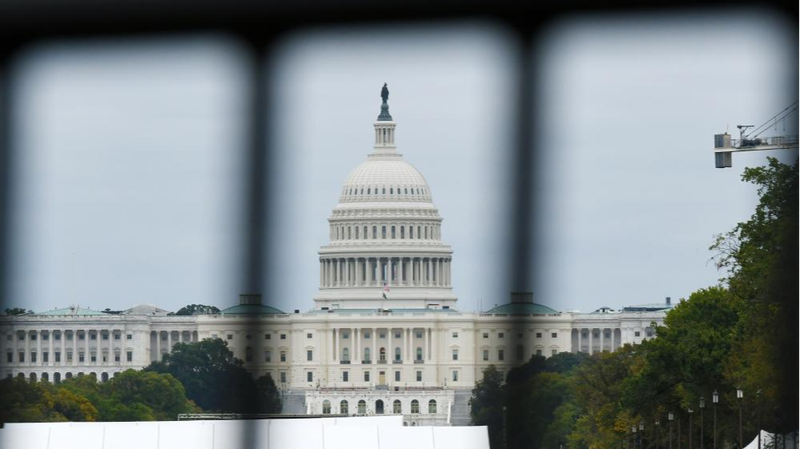When the White House announced plans to impose a 100 percent tariff on imports from China starting November 1, global markets felt the tension. Experts warn this hardline move risks igniting a new round of trade politics that could ripple through industries from electronics to clean energy.
Return of Tariff Politics
China responded by rolling out updated export controls on rare earth elements that underpin technologies like semiconductors and renewable energy. Rather than seeing this as a sovereign right to manage strategic resources, Washington turned to large scale tariffs, treating trade as a zero sum game.
Bureaucratic Bottlenecks
Back in the United States, export control measures have grown complex and unwieldy. According to a recent congressional research report, thousands of export license applications are stuck in limbo, leaving companies uncertain and innovation hampered.
China’s Multilateral Push
In contrast, China has signaled a commitment to openness. At the UN in September, the Chinese premier announced an end to special treatment in WTO talks, a voluntary step showing readiness to shoulder more global responsibility. President Xi Jinping has advocated reform of global governance based on sovereign equality, respect for international law, and people centered cooperation.
With the tariff deadline looming, observers agree that coercion and unilateral measures alone will not resolve deep seated differences. Dialogue grounded in equality and mutual respect, supported by multilateral frameworks, may be the key to keeping trade channels open and innovation alive worldwide.
Reference(s):
cgtn.com




